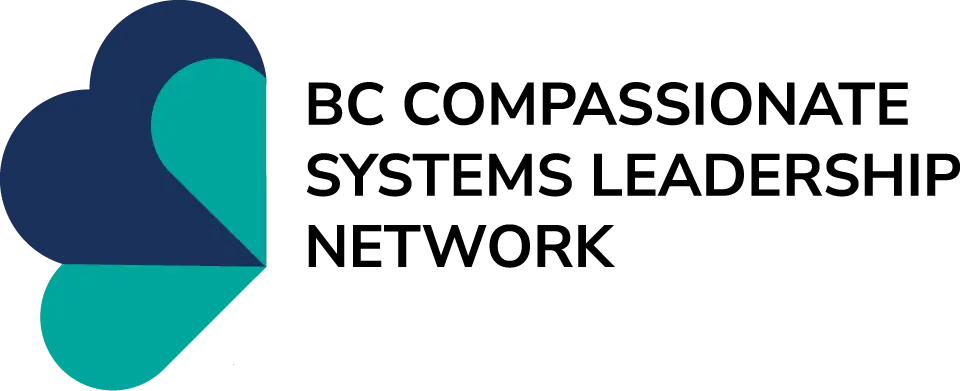Core Concept
Present Awareness
Present awareness, often used synonymously with mindfulness, is a state of intentionally attending to the present moment — the “here and now”. It is bringing awareness to thoughts, emotions, sensations, and your relationship to environment. Present awareness is the foundation for building self, relational, and systems leadership.
What is Present Awareness?
Present awareness is not a static state, but one that shifts in relationship to the inner and outer world or experiences. It is the capacity to “listen” to all that is going on inside and outside of you in the present moment.
There are many ways to cultivate present awareness and the practice of cultivating awareness makes it easier to routinely return to this state.
Focusing on your breath is one of the most accessible ways to drop into the present moment. Breath practice can be done anywhere, anytime and does not require specialized training — only a willingness to stop and notice your breath, entering and leaving your body. There is no right way; just experiment with what works for you. Tuning in to your body’s physical sensations is another portal to the present, as is connecting with the natural world. Here are some other ideas for cultivating present awareness:
Structured Meditation
Schedule a time each day where you set aside quiet time to just be with yourself. Start with just a few minutes each day and increase that as your comfort grows. There are also many guided meditation scripts available.
Body Scan
Starting at the tip of your head, or the tip of your toes, slowly scan your body, noticing any sensations (itchy, painful, tingly) as you go.
Journalling
Journalling can be a way to increase clarity and self-awareness. Again there are many methods from free, unstructured journalling to guided practices.
Mindful Movement, Mindful Eating
Any movement (such as walking, yoga, or stretching), that is done with attention can build awareness. Eating slowly and savouring each bite can help you be mindful of your portions and what you are eating.
Routines
Pick something you do every day and take for granted, like washing the dishes or brushing your teeth. The next time you do it, focus on each step and action, each element of sight and sound and texture and smell.
Turn off Screens
The constant stream of information offered by our smartphones, tablets, and computers is counter to present awareness. Spend some time each day with them all turned off, just breathing and listening to the world around you.
Benefits of Nurturing Present Awareness
Review of the literature shows that there are many benefits to both mental and physical health through regular practices to nurture present awareness (Daphne M. Davis, PhD, and Jeffrey A. Hayes, PhD). Some of these benefits include: stress reduction, boosts to working memory, increased focus, less emotional reactivity, and increased relationship satisfaction. Additionally, increased awareness gives us the power to influence outcomes — helping us become better decision-makers and gives us more self-confidence. We can communicate with clarity and intention, which allows us to understand things from multiple perspectives and frees us from assumptions and biases. Each of these are essential to nurturing our capacity as a Compassionate System Leader.
Tools
Suggested Resources
Website
Systems Thinking and The Gap Between Aspirations and Performance
Garrison Institute
Slide Deck
SEY2KT Learning Community - Feb 2025



